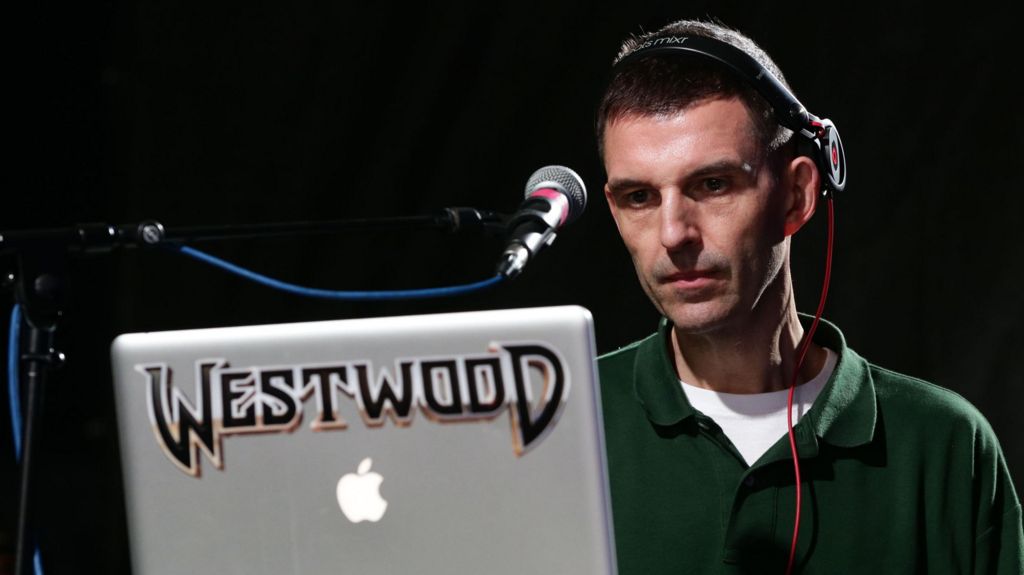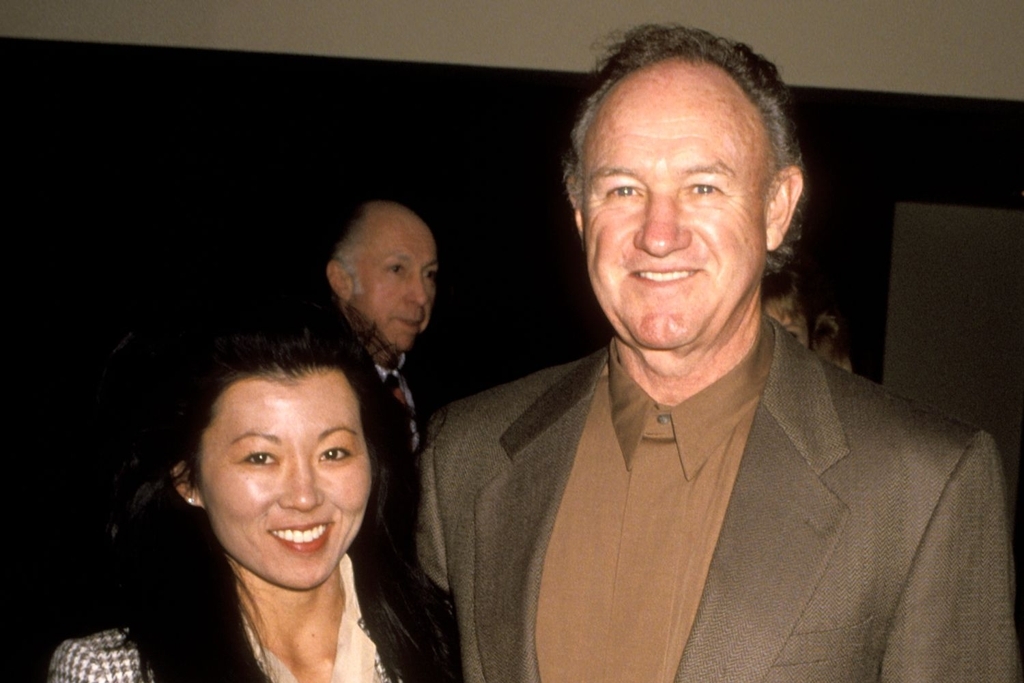BBC Apologizes for Failing to Address Tim Westwood Allegations
The BBC acknowledges its failures in handling Tim Westwood's allegations, emphasizing the need for systemic change in workplace culture and accountability.

Key Points
- The BBC has apologized for its inadequate response to bullying and misconduct allegations against former DJ Tim Westwood
, admitting missed opportunities for action.
- A review revealed that many staff members suffered emotionally from Westwood's alleged behavior, highlighting the urgent need for a supportive workplace culture.
- In response to the findings, the BBC is implementing new policies aimed at fostering accountability and preventing future misconduct within the organization.
The BBC has recently come under scrutiny after an independent review revealed significant shortcomings in how the organization handled allegations against former DJ Tim Westwood. This review, initiated due to ongoing allegations of bullying and predatory behavior during Westwood's tenure, has ignited conversations about accountability, workplace culture, and the crucial need for organizations to address misconduct preventively.
Review Findings Uncovered
In a thorough investigation led by barrister Gemma White KC, the BBC admitted it "fell short and failed people", particularly its own staff, by not adequately responding to complaints about Westwood's conduct. During his time at the corporation, which spanned nearly two decades, multiple allegations of inappropriate behavior were made against him, including instances of misogynistic remarks and bullying.
The report highlighted that while there was no substantial evidence of widespread knowledge about Westwood's predatory behavior, the organization did miss opportunities that could have prompted action. This lack of cohesive communication and centralized complaint management allowed troubling patterns of behavior to go unchecked.

Consequences of Inaction
One of the most alarming findings of the review was the emotional toll on staff members who experienced Westwood's alleged bullying firsthand. The BBC Board reported that numerous production team members were left "upset and in tears" due to this environment. Such findings underscore the critical importance of a healthy workplace culture where everyone feels safe and supported.
The BBC is not alone in facing internal crises related to misconduct; many high-profile organizations are currently navigating similar challenges. With growing public attention and scrutiny directed toward corporate behavior, the need for transparent and effective communication channels becomes ever more pressing.
A Call for Change and Accountability
In the aftermath of the review's findings, the BBC has implemented several corrective measures. These include establishing a dedicated "support at work" team and adopting a new anti-bullying and harassment policy aimed at preventing future incidents. This is a vital step toward restoring trust and ensuring that victims of misconduct are heard and supported.
Furthermore, it is encouraging to see organizations like the BBC taking responsibility for past failures—in this case, realizing the need for systemic changes. The review's findings should evoke a broader conversation about how companies approach allegations of misconduct, shining a light on the need to empower employees to voice their concerns without fear of reprisal.
Empowerment Through Transparency
Tim Westwood has categorically denied all allegations of wrongdoing, adding layers of complexity to the situation. The ongoing police investigation, which extends back several decades, raises critical questions about transparency and the accountability of powerful individuals within large organizations. As we move forward, it is essential that both organizations and individuals are held accountable for their actions.
Looking at this from a broader lens, one might argue that the ultimate goal is to create a culture where respect, dignity, and accountability are foundational. Achieving this will require continuous effort, frequent training, and open lines of communication to cultivate an environment resistant to bullying and exploitation.
In summary, the BBC's recent acknowledgment of its shortcomings in handling allegations against Tim Westwood sets a significant precedent for corporate responsibility and workplace ethics. By listening to the voices of their employees and learning from past mistakes, organizations can foster safer, more supportive environments. The journey toward improvement may be long, but it is crucial for both the BBC and similar institutions to prioritize action over inaction to truly embody their core values and commitments to their staff and the public.


